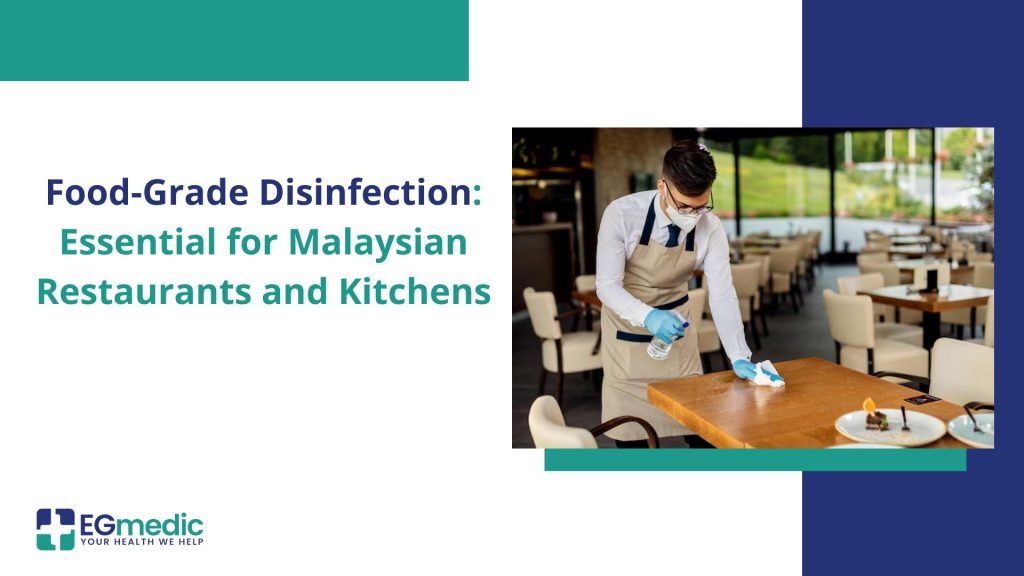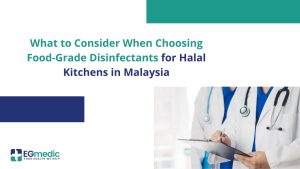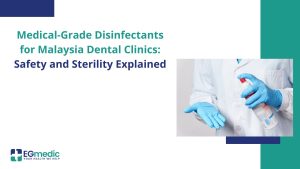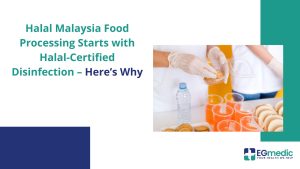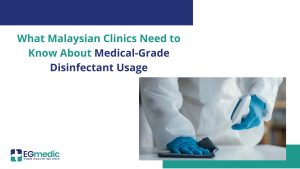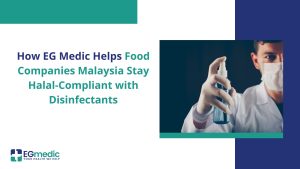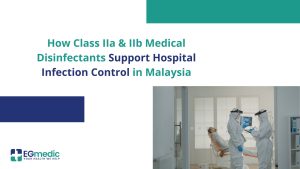What Is Food-Grade Disinfection and Why It Matters
Food-grade disinfection refers to the use of non-toxic, safe disinfectants that can be applied to surfaces that come in direct contact with food, such as cutting boards, countertops, utensils, and preparation equipment. These disinfectants must not leave harmful residues and must be proven effective against common pathogens like Salmonella, Listeria, and E. coli.
In a fast-paced kitchen environment, proper disinfection not only maintains hygiene but also reduces the risk of foodborne illnesses, which can damage a brand’s reputation and result in costly legal action. Consumers today are more informed, and businesses must adopt strict hygiene protocols to stay competitive.
Compliance with Malaysian Food Safety Regulations
Malaysia’s food safety regulations are enforced by the Ministry of Health (MOH) under the Food Act 1983 and Food Hygiene Regulations 2009. These laws mandate cleanliness in food preparation areas and require food operators to maintain hygienic practices at all times.
Key compliance points include:
- Use of food-safe cleaning agents and disinfectants
- Proper labeling and storage of chemicals
- Hygiene training for staff
- Halal certification, especially in Muslim-majority regions
Restaurants that fail to comply with these standards risk closure, penalties, and public health violations. International standards such as HACCP (Hazard Analysis and Critical Control Points) are also adopted by many Malaysian F&B businesses to strengthen their food safety management systems.
Conclusion
In Malaysia’s competitive and highly regulated food industry, food-grade disinfection is not just a best practice—it’s a necessity. Ensuring food-contact surfaces are clean, safe, and compliant with hygiene laws protects public health and strengthens brand reputation. EG Medic delivers trusted, halal-certified disinfection solutions tailored to the needs of Malaysian restaurants and kitchens.

